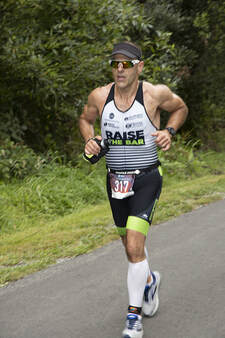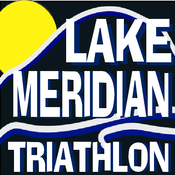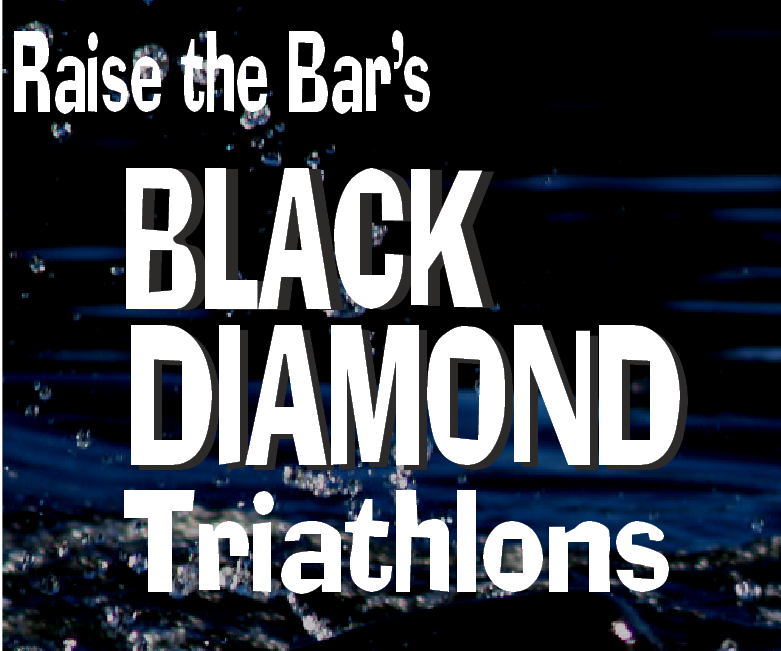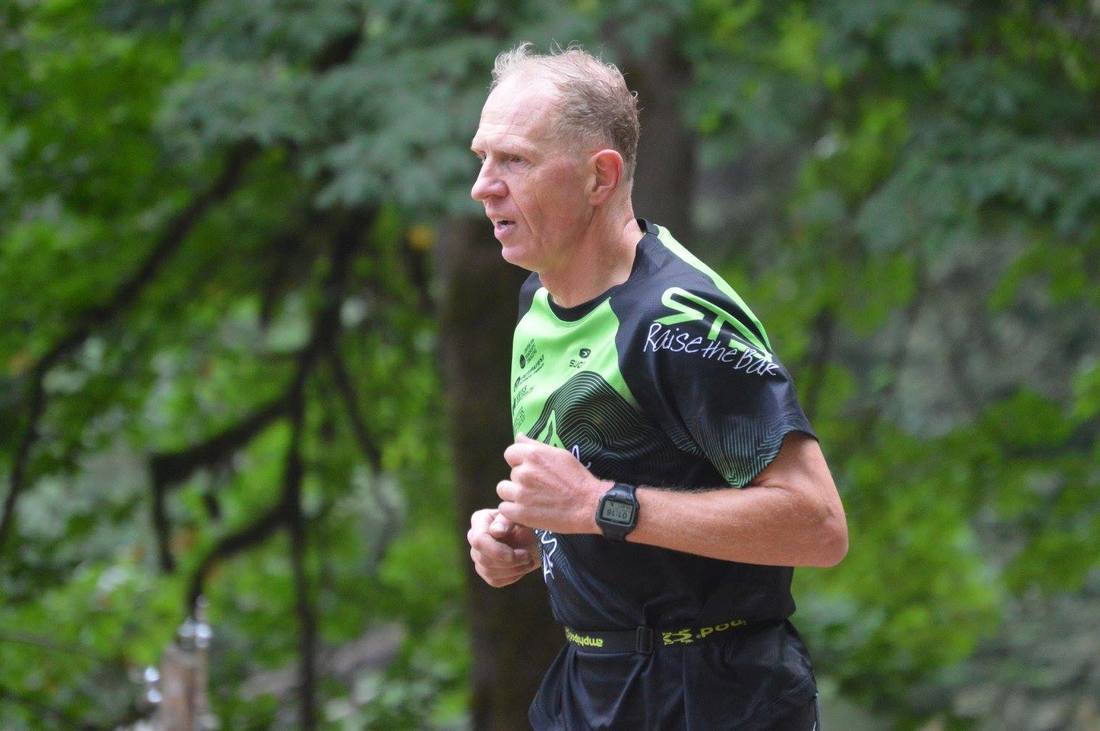 By Holly Pennington, PT, DPT/Outpatient Physical Therapy As the COVID-19 spreads throughout our region, tragically claiming too many lives close to home, triathletes face new dilemmas about exercise and illness. While there are no easy or straightforward answers to our practical questions (Should I go to the gym? Is the swimming pool safe? What about the pull buoys and kickboards? Will my upcoming race be canceled? And, if it’s not, should I get on a plane to get there?), we do know a few things about the effects of exercise on the immune system. Surprisingly, as recently as the 1980’s, scientists believed that regular exercise had no effect on the rate or severity of infections. Contrast this with today’s prevailing cultural belief that active people are healthier, and we catch a glimpse of how much has changed in the past two decades. There is now a plethora of research citing the connection between regular physical activity and reduction of illnesses ranging from acute infections to chronic diseases. Today, it is widely accepted that moderate intensity exercise improves the immune response to respiratory viral infections. In a study of over 1000 adults, frequency of aerobic exercise was associated with reduced frequency and severity of symptoms of upper respiratory infections. An 18% reduction in risk infection was associated with high levels of physical activity in a scientific report of more than 1500 Swedish men and women. Some researchers believe physical activity decreases inflammation within the respiratory tract and activates the immune response. Of particular relevance to triathletes during the COVID-19 outbreak may be the controversial topic of how episodes of vigorous, prolonged exercise affect the immune system. Until a pivotal study published in 2018, the “open-window” hypothesis ruled in exercise science. According to this theory, there is a window of time following vigorous and/or prolonged physical activity in which the immune system is compromised, and, therefore, more vulnerable to opportunistic (bacterial, viral, fungal, etc.) infections. The “open-window” hypothesis is highly influenced by early studies in exercise immunology that focused on runners who, in the days and weeks following marathon races, reported upper respiratory infections. However, in these studies, infection incidence was measured by self-reported symptoms, not laboratory tests. (When it comes to bacterial and viral infections, self-reports and positive clinical tests are not highly correlated.) Authors of the 2018 report challenge the “open-window” hypothesis for this and other reasons. They cite multiple studies that conclude athletes who participate in the largest volume of aerobic activity - ultramarathon runners – miss significantly less work per year due to illness than the general population. In summary, according to these researchers, “It is important to highlight that there are as many epidemiological studies showing that regular exercise reduces infections as there are studies showing exercise increases infections, and that these studies are often overlooked in the exercise immunology literature.” So far, we have two take home messages: 1) moderate exercise has a known positive effect on the immune system over the lifespan and 2) current research supports the idea that even vigorous and/or prolonged activities may protect athletes from infection. Good news for triathletes who want to keep on training as usual, right? Most likely, but…
Exercise does not protect you from COVID-19! Of course, there are many factors to consider as you look at your training program and race schedule in upcoming months. For example, we do know that air travel and mass gatherings, both of which are often associated with Ironman and other triathlon competitions, are known to increase infection risk for everyone. (Check here for the latest COVID-19 Ironman updates.) Also, where you exercise matters. For some perspectives on going to the gym during the outbreak see here and here, and inquire about how your facility is handling the situation. Regarding the pool, current thinking is that the risk of contracting infection in the locker room or shower is higher than in the swimming pool, as long as the pool is properly chlorinated. However, the “rapidly evolving” Coronavirus situation demands that we stay informed with new findings and developments in this uncharted territory. In conclusion, we have scientific reasons to believe that exercise is good for our immune systems. And we also have questions that no one knows the answers to right now. But, perhaps more importantly, we have these timeless truths: Triathletes are people who persevere, triathlon communities such as Raise The Bar are groups of athletes who encourage each other through the hardest times, and the sport of triathlon exists to bring goodness and hope to the world. So, go train wisely and bring out all the triathlon good! Comments are closed.
|
Raise the BarRace reports, upcoming events, news, and more, from RTB. Archives
September 2023
|
 RSS Feed
RSS Feed




